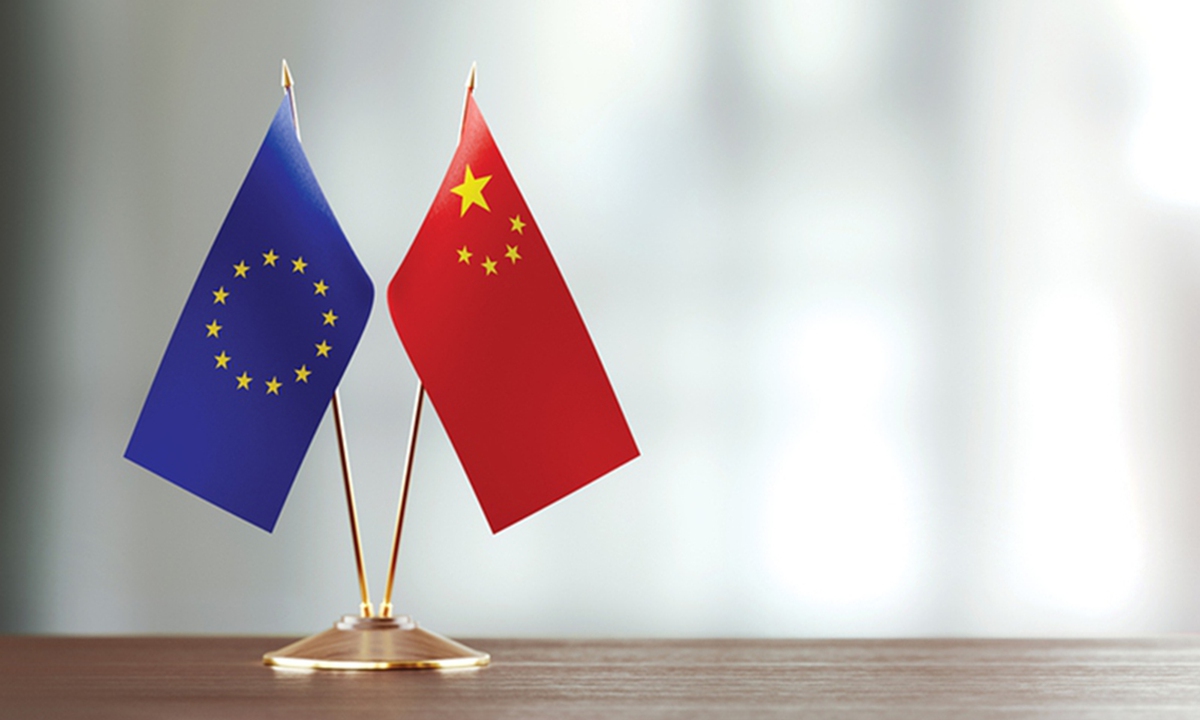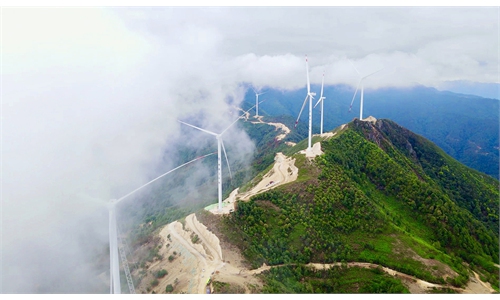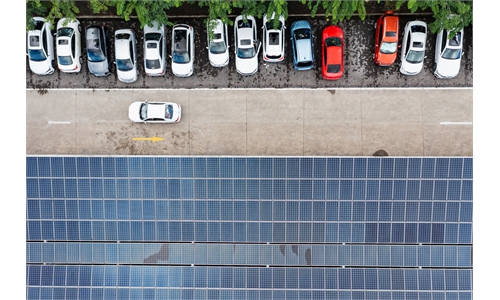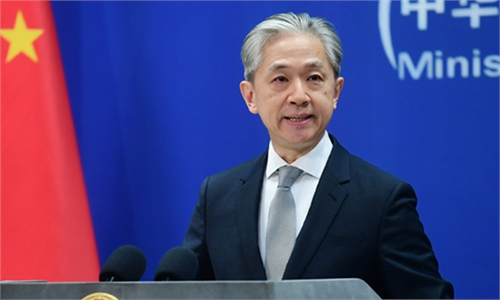EU needs to heed concerns of Chinese firms in high-tech, green sectors, avoid politicizing trade issues: secretary-general of CCCEU

China EU Photo: VCG
The EU should address the concerns of Chinese companies doing business in the region while taking concrete steps to boost China-EU business relations, Fang Dongkui, secretary-general of the China Chamber of Commerce to the EU (CCCEU), said in an exclusive written interview with the Global Times on Tuesday, ahead of the China-EU Summit on Thursday.
Against the backdrop of the upcoming visit of the President of the European Council Charles Michel and President of the European Commission Ursula von der Leyen, the 24th China-EU Summit will be held in Beijing on Thursday as agreed on by both sides. This marks the first in-person summit in Beijing for EU leaders in four years, since the 21st EU-China summit held in Brussels in 2019. Economic and trade matters are among the key things to be discussed.
China and the EU have been working on fixing and stabilizing their relationship. Now, they need to figure out how to handle disagreements in specific areas and turn competition into cooperation. The upcoming summit serves as an important occasion to address these issues, Chinese experts also said.
The business community, as the driving force behind economic and trade relations, eagerly anticipates the China-EU Summit, especially amid current external uncertainties and the urgent need for a global economic recovery, Fang said.
Economic and trade relations serve as the "ballast" in China-Europe relations and constitute a significant agenda item at the China-EU Summit, which is determined by the characteristics of China and the EU as major global economies, two vast markets and influential forces, Fang told the Global Times.
However, deeply sensing the impact of increasing geopolitical risks on economic and trade relations, Chinese companies feel the escalating political influence on the business environment in the EU, Fang said.
Amid the trend, the Chinese business community in the region hopes for a joint China-EU stance against "decoupling," so that both sides can foster more stable and smoother global industrial and supply chains, Fang said.
Concrete measures are expected to promote the advancement of China-EU economic and trade relations. "We expect the EU side to heed the voices and concerns of Chinese businesses, particularly in high-tech and green sectors such as 5G, electric vehicles, photovoltaics, and new energy," Fang said.
Moreover, he expected that the EU side would take a more cautious approach when it comes to unilateral economic and trade tools or trade remedies.
"We look forward to the European side building an open and predictable foundation for economic and trade cooperation. This includes avoiding generalizing political decisions such as 'de-risking,' into commercial field," Fang said.
The secretary-general also hopes for an increased frequency and channels of communication between the companies of both the EU and Chinese sides, noting that "it is important [for the EU side] to steer clear of politicizing economic and trade issues, preventing adverse effects on the development of Chinese enterprises in Europe."
The China-EU Summit is held at a very important moment. "Such meeting is expected not only to help both sides maintain the stable momentum of China-EU relations, but also continue to build consensus on cooperation, and at the same time resolve some major issues," Cui Hongjian, professor with the Academy of Regional and Global Governance at Beijing Foreign Studies University, told the Global Times on Tuesday.
More importantly, whether the two sides can effectively manage and control the differences and conflicts in some specific areas, and whether they can turn some competitive factors into motivation for cooperation, are also issues that need to be discussed in depth by both sides during the summit, Cui said.
A recent report released by the CCCEU suggested that 83 percent of surveyed Chinese enterprises confirm that they still have faith in the EU market and will continue to expand their presence despite challenges like "de-risking" push and trade barriers.
Meanwhile, the EU's "de-risking" strategy and biased concept of security has translated to market access restrictions and trade barriers. The anti-subsidy investigation that the EU launched against Chinese electric vehicles has dampened Chinese enterprises' confidence, the report said.
"Considering the economic characteristics of Europe itself, only open cooperation aligns with its fundamental interests and is a policy direction worth pursuing," Cui said.



